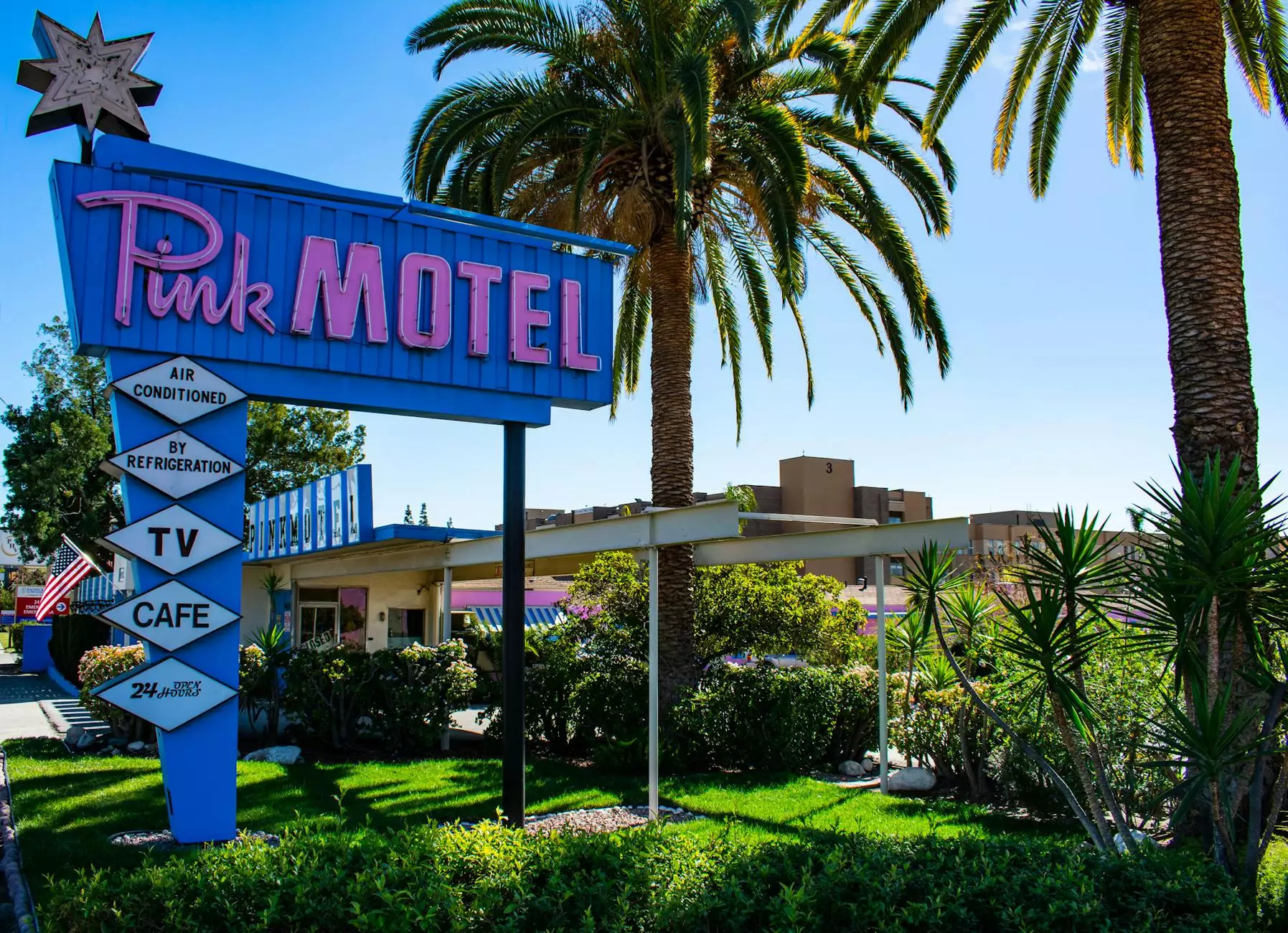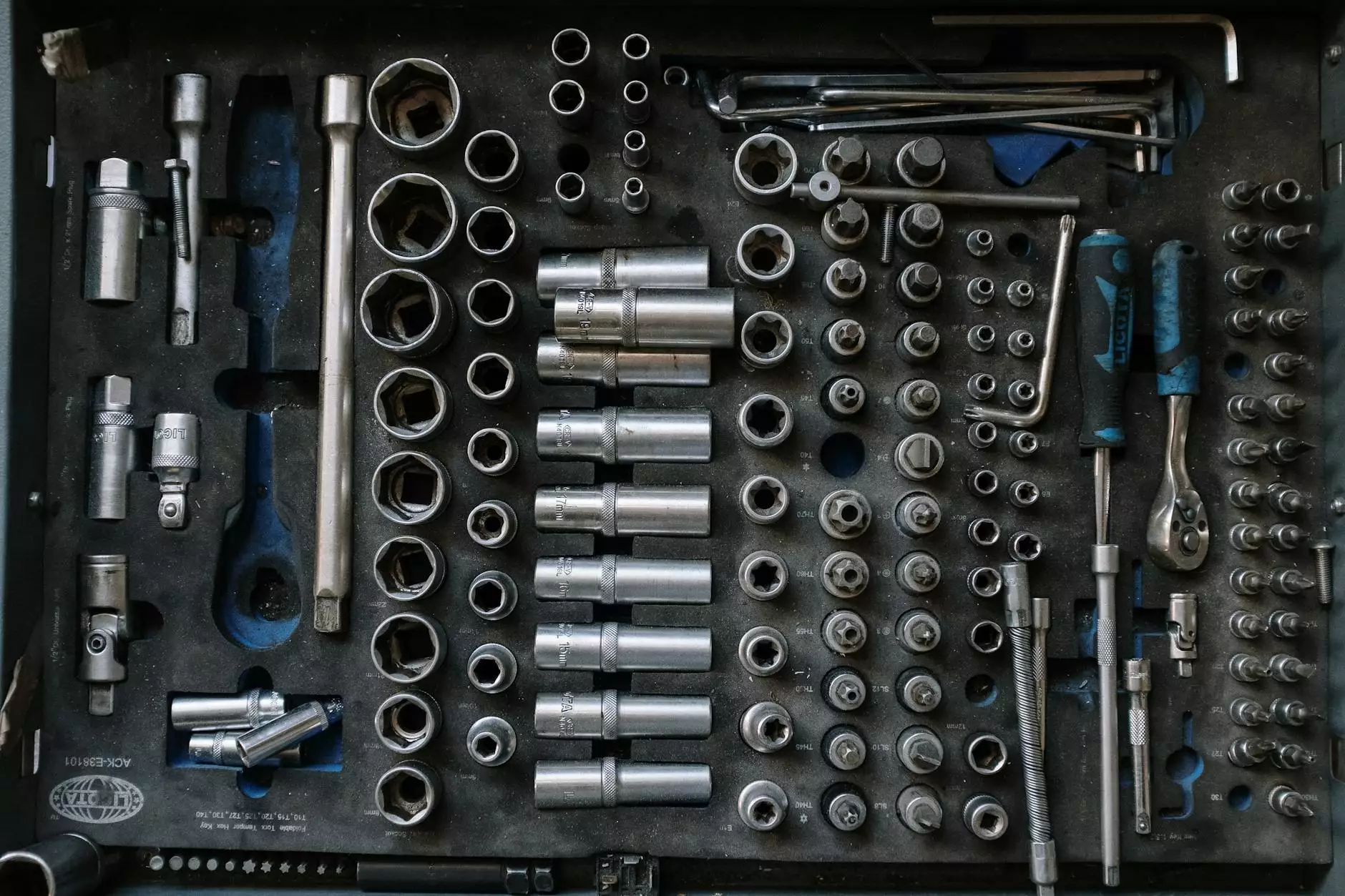Revolutionizing Cold Chain Logistics: The Future of Refrigeration Equipment

The world of cold chain logistics is rapidly evolving, driven by advancements in technology and a growing demand for efficiency and reliability. As businesses seek to maintain the integrity of temperature-sensitive products, the importance of high-quality refrigeration equipment cannot be overstated. At First Cold Chain, we understand these dynamics and are committed to providing solutions that meet the stringent demands of the industry.
The Essentials of Cold Chain Logistics
Cold chain logistics refers to the process of transporting and storing goods that require temperature control. This system is essential for a variety of industries, including pharmaceuticals, food and beverage, and biotechnology, where even minor deviations in temperature can compromise product quality.
What is Cold Chain Logistics?
Essentially, the cold chain is a series of actions and equipment employed to maintain temperature-sensitive products within a specified temperature range. This includes:
- Refrigerated storage: Ensures that products are kept at optimal temperatures.
- Temperature-controlled transportation: Moves products while maintaining the required conditions.
- Monitoring systems: Tracks the temperature throughout the shipping process.
Why is Cold Chain Logistics Important?
Incorporating effective cold chain logistics is critical for several reasons:
- Product Quality: Ensures the freshness and quality of perishable items.
- Regulatory Compliance: Meets health and safety regulations, particularly in the food and pharmaceutical industries.
- Consumer Trust: Maintains consumer confidence in product integrity.
Types of Refrigeration Equipment for Cold Chain Logistics
Choosing the right refrigeration equipment is paramount for successful cold chain logistics. Below, we explore several key types of equipment essential for maintaining temperature control.
1. Refrigerated Containers
Refrigerated containers, or reefers, are essential for transporting goods over long distances. These containers are designed to maintain a constant temperature, utilizing advanced refrigeration technology. They are highly efficient and ensure that products remain within the required temperature range during transit.
2. Walk-In Refrigerators and Freezers
For facilities storing large volumes of perishable goods, walk-in refrigerators and freezers provide the necessary space and temperature control. These units are customizable for different temperature requirements, making them ideal for various types of products, ranging from frozen foods to pharmaceuticals.
3. Portable Refrigeration Units
Portable refrigeration units are versatile solutions for businesses that require temporary cold storage. These units are especially useful for events, emergency situations, or seasonal demands, providing flexibility without sacrificing temperature control.
4. Temperature Monitoring Systems
To guarantee the integrity of cold chain logistics, implementing temperature monitoring systems is critical. These systems provide real-time data on the temperature of products, alerting operators to any deviations that could jeopardize quality. Advanced monitoring solutions often include cloud-based platforms for easy access to data.
Technology's Role in Enhancing Cold Chain Logistics
Today, technology plays a significant role in the enhancement of cold chain logistics. From automation to data analytics, innovations are making cold chains more efficient, transparent, and reliable.
1. Internet of Things (IoT)
The IoT is revolutionizing cold chain management by enabling smart refrigeration units capable of self-monitoring and reporting temperature fluctuations in real time. This not only helps in maintaining product integrity but also assists businesses in optimizing their energy usage.
2. Blockchain Technology
Blockchain technology is emerging as a key player in providing transparency and traceability in cold chain logistics. By recording every step of the supply chain on an immutable public ledger, businesses can ensure that their products are monitored and compliant with safety standards at every stage.
3. Artificial Intelligence (AI)
AI-driven solutions are helping companies predict demand, optimize routes, and enhance inventory management. With machine learning algorithms, businesses can analyze historical data to forecast future needs, thereby improving efficiency and reducing waste.
Best Practices for Cold Chain Management
To achieve the highest levels of efficiency and reliability, businesses must adhere to established best practices in cold chain management. Here are some critical strategies:
1. Regular Equipment Maintenance
Ensuring that refrigeration equipment is properly maintained is vital. Regular checks and servicing can prevent unexpected failures that could compromise product safety.
2. Training Staff
Proper training for staff handling temperature-sensitive products is essential. All personnel should understand the importance of maintaining the cold chain and be capable of responding to emergencies swiftly.
3. Investing in Quality Equipment
Investing in high-quality refrigeration equipment is a long-term strategy that pays off by protecting sensitive inventories and reducing overall costs associated with spoilage.
Challenges in Cold Chain Logistics
Despite its many benefits, cold chain logistics does face challenges that can impact efficiency and product quality. Understanding these challenges is the first step toward developing solutions.
1. Temperature Fluctuations
One of the most significant challenges in cold chain logistics is temperature fluctuations during transportation and storage. Even brief periods of inadequate temperature control can result in spoilage or degradation of products.
2. Regulatory Compliance
Each country has specific regulations regarding the transportation of temperature-sensitive products, particularly in the pharmaceutical and food sectors. Compliance with these regulations is mandatory and can be complex.
3. Cost Management
While investing in high-quality refrigeration equipment is essential, businesses must also manage costs effectively. Balancing efficiency with expenses is a perennial challenge for many companies.
Conclusion
The cold chain logistics industry is at a pivotal moment, with technology driving unprecedented levels of efficiency, reliability, and transparency. As consumers demand higher quality products and stricter adherence to safety standards, businesses must prioritize their refrigeration equipment and operational practices.
By focusing on innovation, investing in high-quality equipment, and adopting best practices, organizations can significantly enhance their cold chain processes. To learn more about how First Cold Chain can support your cold chain logistics needs, explore our comprehensive solutions and get in touch with our experts today!
https://www.first-coldchain.com/








